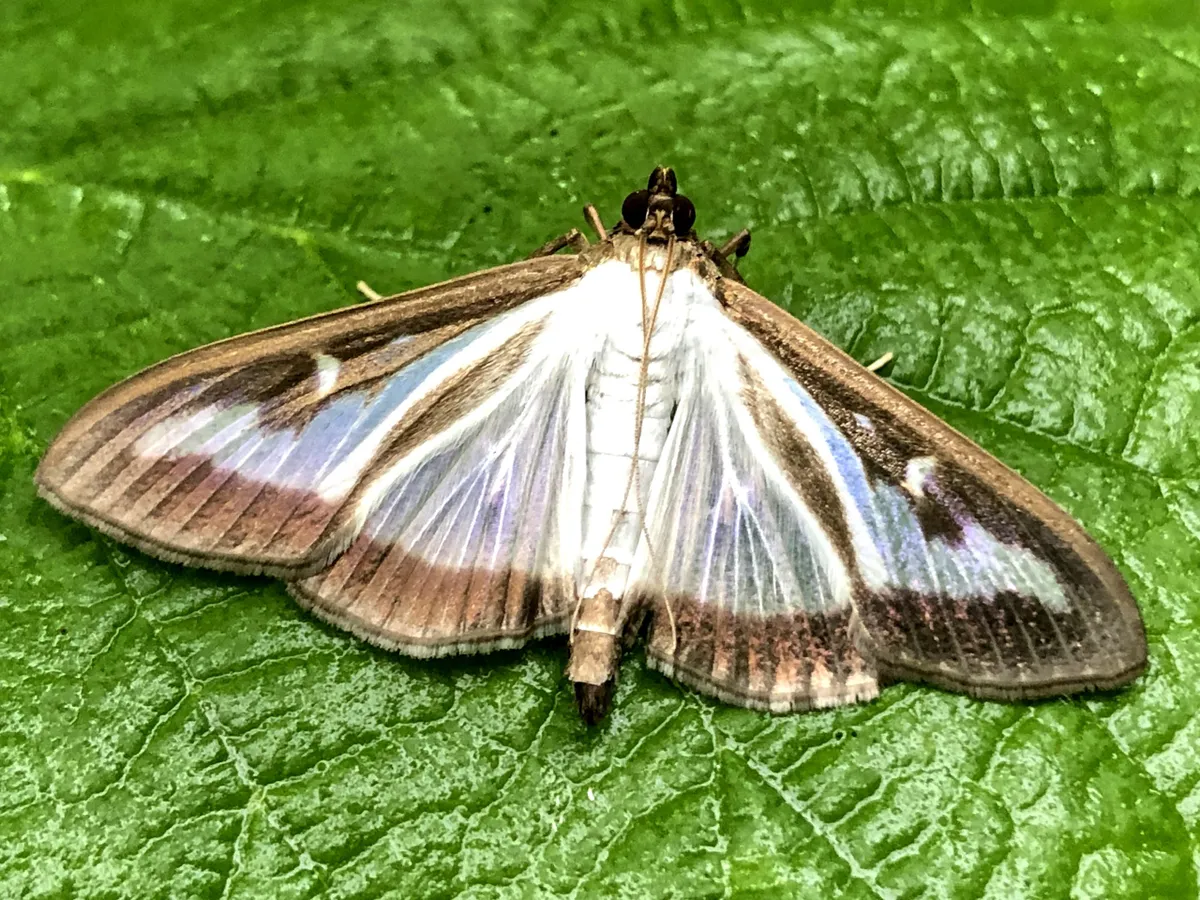“Britain is the best place to do citizen science,” says conservation biologist, Dr Nathalie Pettorelli, senior research fellow at the Zoological Society of London's (ZSL) Institute of Zoology. “There’s nowhere else like it. The British love their nature.”
Seventeen years after leaving her native France and 13 years after moving to the UK (“I’m probably more British than French now”), Pettorelli is harnessing the grassroots expertise of Britain’s amateur naturalists – weekend birders, nature photographers, ramblers, garden feeders and anyone else with an eye for what’s about – to identify species that are expanding their ranges as the climate warms.
“Countries like the UK are extremely good at monitoring biodiversity, but we monitor it in a way that we don’t focus on spatial changes,” says Pettorelli.
“And when we do, we focus on declines rather than what’s increasing. If there is one country where you could get data on how things are changing, it’s this one, because there’s so much common knowledge out there.”
And we now have a means to harness that knowledge. “I’ve been active on social media for quite some years now. Lots of people post pictures of animals they’ve never seen before. We realised we could use this information, so we started to trawl through all these tweets systematically.”
One paper published by Pettorelli’s team identifies 55 species that have colonised new ground in Britain due to climate change over the last decade. Of those 55, 10 came to their attention via posts on social media.
These included photographs of a long-winged conehead (a type of bush-cricket) in Sheffield, a box tree moth in Glamorgan and a red mullet (being eaten by an otter) on the Scottish island of Islay.

“There’s a chain, from the person who posts a picture of something they haven’t seen before, to the agencies and wildlife trusts that can document and verify sightings, to the scientists who can analyse the data and start to build the evidence that it’s moving and whether it’s likely to be due to climate change.”
As a general rule, says Pettorelli, scientists aren’t well linked to the other groups. “I don’t think we’ve realised that the UK is such an incredible nation for citizen science, so the pathways are not in place.” Social media, though, can help bridge the gap.
Pettorelli’s own engagement with citizen scientists will ultimately help us deal with the inevitable challenges ahead. Thirteen of the 55 species shown to be on the move are known to negatively affect ecosystems or agriculture when they colonise new territory.
“I want the UK to be prepared for the changes that are coming,” she says. “Because they are coming, and they’ll be quite substantial.”
This article originally appeared in BBC Wildlife. Take a look inside the current issue and find out how to subscribe.
Main image: Dr Nathalie Pettorelli. © ZSL